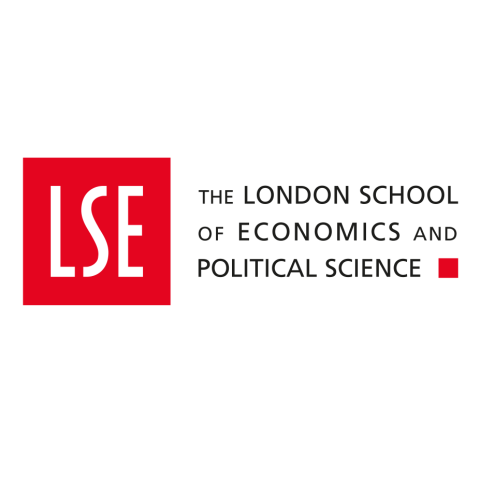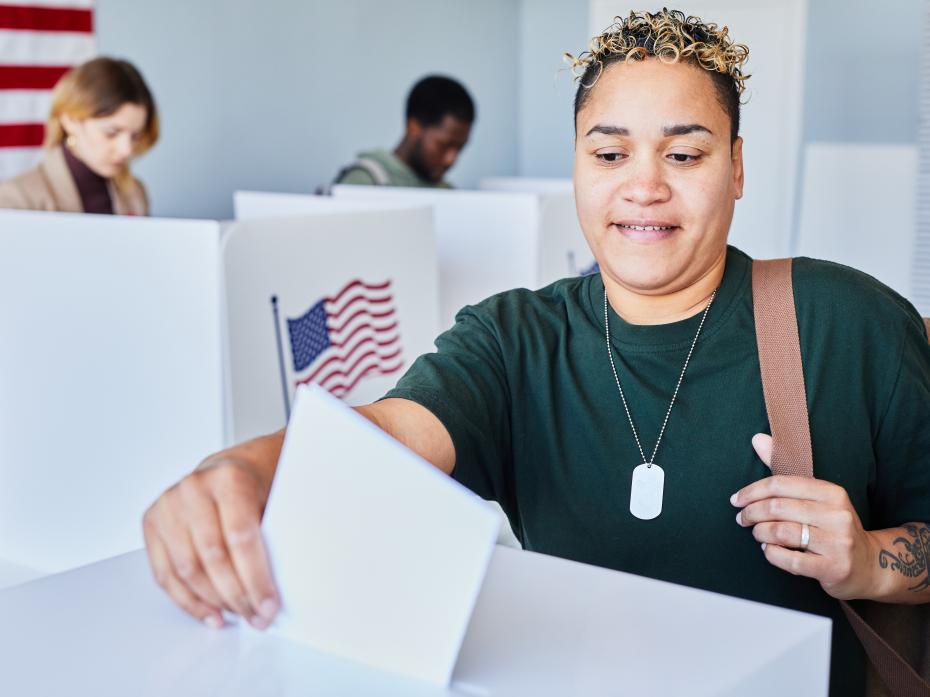
THE podcast: how to turn university students into engaged citizens – and voters
Political scientists, in the US and the UK, discuss how universities can support Generation Z to engage with the democratic process, how to foster safe and open political discussion and why voting is like bungee jumping
You may also like
Key Details
Listen to this podcast on Spotify, Apple podcasts or Google podcasts.
In 2024, more people than ever in history will be going to the polls to vote in elections in more than 80 countries, including the US and the UK. As pillars of democratic societies, universities and colleges are integral to the exercise of choosing our public representatives. In today’s episode, we speak to two political scientists about voting habits, including among Generation Z, and how universities can encourage their students to engage in the democratic process.
Elizabeth Matto is director of the Eagleton Institute of Politics, a research professor and teacher-scholar-practitioner of democratic education and director of the Center for Youth Political Participation at Rutgers University. She talks to us about what civic engagement is, how campuses can support their students to vote and engage as citizens, and universities’ mission to prepare young people to be part of a democratic society. She also offers tips for facilitating political discussion in the classroom and creating an environment that allows students to be brave, respectful and open with their views. Her new book, To Keep the Republic: Thinking, Talking, and Acting Like a Democratic Citizen (Rutgers University Press, 2024) is published in April.
Michael Bruter is a professor of political science and European politics in the department of government at the London School of Economics and Political Science and director of the Electoral Psychology Observatory. He has published seven books, including his most recent with Sarah Harrison, Inside the Mind of a Voter (Princeton University Press, 2020), and multiple articles in the fields of elections, political behaviour, political psychology, identities, public opinion, extreme right politics and social science research methods. He told us what their research has shown about first-time voters, including debunking misconceptions such as that young people don’t care about elections, and why voting is like bungee jumping.
If you would like advice and insight from academics and university staff delivered direct to your inbox each week, sign up for the Campus newsletter.



